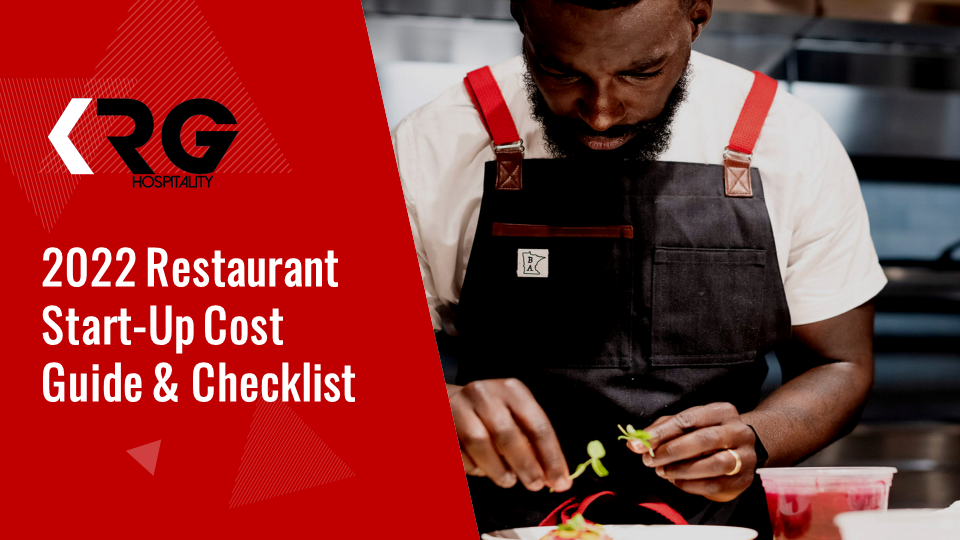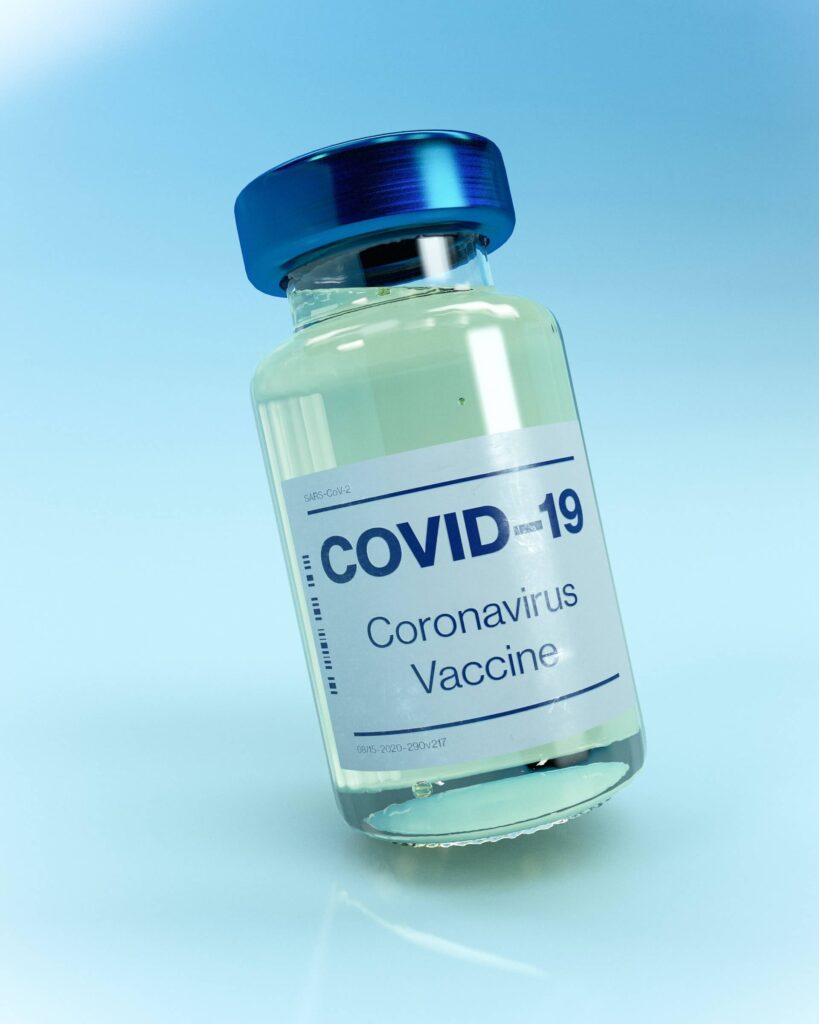The Uber Effect: Recruit and Retain
by David Klemt

To better understand how to recruit and retain top talent these days we can simply look at what’s known as the Uber Effect.
We just got back from the Restaurant Leadership Conference in Scottsdale, Arizona. The education was top-notch, featuring a wide range of restaurant industry experts.
One outstanding session illustrates the need for operators—chain and independent—to change their approach to recruiting and retaining staff.
Flexibility in the Workplace
According to Jennifer Grimes, senior vice president of client services for Service Management Group, people in the labor pool are after three things when seeking employment.
Generally speaking, they want better pay, better benefits, and better scheduling. Gone are the days of people focusing only on their paychecks.
And per Jim Thompson, chief operating officer of Chicken Salad Chick, the Uber Effect is largely responsible for this shift in focus. The Uber Effect refers to people realizing they can be much more in control of their careers.
In simplest terms, Uber drivers are in control of their workdays. They can work as often as they want, whatever hours they want, and wear what they want while working.
Of course, it’s not complete anarchy. There are rules, there are expectations, there are standards. However, there’s also flexibility.
Along with more flexibility in scheduling, people want the following:
- workload balance;
- ability to trade shifts;
- better communication; and
- paid vacations.
Today’s modern scheduling platforms make it simple for operators and their leadership teams to meet these expectations. With these apps, operators and leadership can:
- assign specific roles to individual team members;
- communicate clearly with staff;
- allow staff to trade, drop, and pick up shifts; and
- fill available shifts.
One Size Doesn’t Fit All
Thompson has an interesting anecdote about availability.
A Chicken Salad Chick manager conducting interviews didn’t proceed with a candidate. Asked by Thompson why they wouldn’t be moving forward, the manager pointed to the candidate’s availability.
During the interview, the candidate provided only a single day and the manager felt that wasn’t enough. However, Thompson disagreed with the manager’s assessment.
What if, Thompson posited Thompson, their availability filled a currently open shift? At least there would be one less shift for leadership to worry about.
But it went deeper than just that point. Good operators and leaders know that job interviews aren’t one-way streets. Candidates are also interviewing their potential employer.
What if this candidate provided limited availability because they’re unsure about a particular employer? They may not know the brand all that well, they likely don’t know the leadership team, and they don’t yet understand the workplace’s culture.
As Thompson says, “One size fits all is over.” Operators and their leadership teams need to be flexible.
It’s highly possible that just a few shifts in, if the narrow-availability team member is a good fit and finds the job engaging, they’ll broaden they’re availability.
Developing the Culture
Of course, the above scenario comes down to culture. And Thompson has an interesting thought on that operational element.
If an operator isn’t constantly developing their culture, it will grow stagnant. Maintaining the current culture isn’t good enough.
Failing to do so will ultimately lead to a decline in guest satisfaction. When that happens, a decline in traffic comes along with it.
It’s really rather simple: How an operator and the leadership team treats employees trickles down to guests. Unhappy and unsatisfied staff provide poor service. How long are guests going to tolerate negative guest experiences?
And no, simply offering competitive compensation doesn’t automatically equate to treating staff well.
“Competitive pay, to me, is the cost of entry,” says Thompson.
To this point, the COO, also the self-appointed chief smile officer, addresses how the restaurant chain respects personal time.
Chicken Salad Chick, founded in 2008, is closed on Sundays. This isn’t due to any religious influence. Rather, the founders, per Thompson, were influenced by what they perceived as a high divorce rate in the restaurant space.
So, the brand wants employees to have family time. That’s also why there stores are also closed by 8:00 PM. In some cases, they close at 5:00 or 7:00 PM. Again, personal and family time.
Could they generate more revenue if they opened earlier and closed later? Probably. However, their culture is crucial to their success.
Takeaway
If operators want to begin the process of truly developing a positive workplace culture, there are several questions Thompson suggests operators and their leaders should ask.
Is the brand purpose driven? Does focus on fun, family, and culture?
How can the business offer incremental value to staff? Are the pay and benefits competitive? Is the workplace safe and are their opportunities for staff to advance?
What’s the community like within the four walls? How’s the energy within those walls?
Are the processes and practices in place helping or hindering recruitment and retention? How can the processes be simplified so employees learn what they need to know quickly?
How flexible is the business, honestly? What’s being done to truly help leadership create better relationships with the team?
Finally, I’ll end on something interesting from Grimes. Analyzing employee engagement, SMG has found that isn’t just about compensation.
In fact, when it comes to what makes most people perceive their job as fulfilling, the top influencer is working with people they like. Second is salary and benefits. Third, rewarding work.
Operators need to adapt to employee expectations, just as they need to focus on those of guests. Sitting down with their leadership teams to discuss Thompson’s questions is a great first step toward developing a culture that works and rewards.
Image: Priscilla Du Preez on Unsplash





